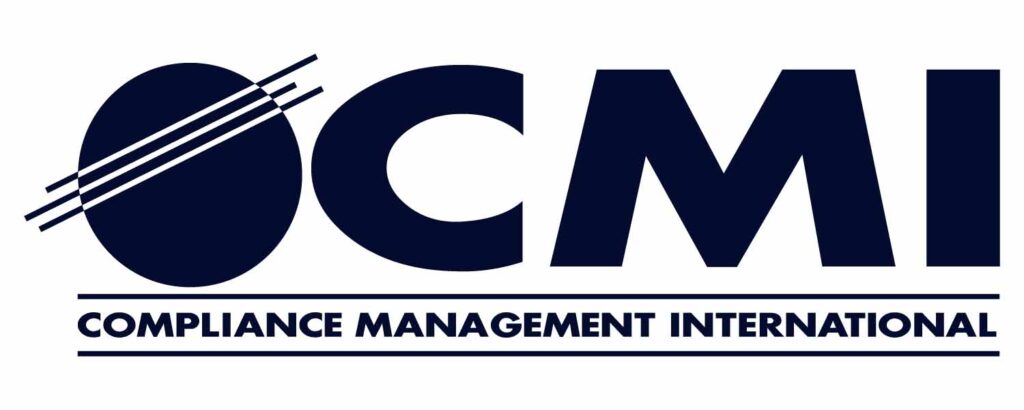California continues to lead the charge on climate accountability with the passage of two groundbreaking climate disclosure laws: Senate Bill 253 (SB 253) and Senate Bill 261 (SB 261). Signed into law in 2023 and set to begin implementation in 2025, these laws will have major implications for businesses operating in the state or with significant revenue ties to it.
Overview of SB 253 – The Climate Corporate Data Accountability Act
Effective Date: Reports due beginning in 2026 for 2025 data (that’s this year! Scope 3 data starts in 2026)
Who’s Affected: Companies with $1 billion+ in annual revenue doing business in California
Key Requirement:
SB 253 mandates public disclosure of greenhouse gas (GHG) emissions across Scopes 1, 2, and 3, aligned with the GHG Protocol standards.
- Scope 1: Direct emissions (e.g., fuel combustion on-site)
- Scope 2: Indirect emissions from purchased electricity
- Scope 3: All other indirect emissions, including supply chain and product use — often the largest and most difficult to measure
Compliance Tip: Begin engaging your sustainability, supply chain, and finance teams early. Scope 3 will require broad data gathering and estimation models.
Overview of SB 261 – Climate-Related Financial Risk Disclosure
Effective Date: Disclosures due beginning in 2026
Who’s Affected: Companies with $500 million+ in annual revenue doing business in California
Key Requirement:
SB 261 requires biennial public disclosure of climate-related financial risks and the measures being taken to mitigate them, in line with the Task Force on Climate-related Financial Disclosures (TCFD) framework.
Risks may include:
- Physical risks (e.g., wildfires, floods)
- Transition risks (e.g., regulatory changes, market shifts)
Compliance Tip: Conduct a climate risk assessment and integrate findings into enterprise risk management (ERM) and ESG reporting strategies.
What Businesses Should Do Now
- Assess Applicability – Review revenue thresholds and California operations.
- Build Internal Capacity – Establish cross-functional ESG teams.
- Start Data Collection – Especially for Scope 3 and climate risk mapping.
- Align with Standards – Adopt GHG Protocol and TCFD-aligned frameworks.
- Monitor Rulemaking – California Air Resources Board (CARB) will develop detailed regulations.
These laws mark a pivotal shift toward mandatory climate transparency. Companies that act early will be better positioned to manage risks, meet stakeholder expectations, and avoid penalties.
Need help preparing? Reach out to your EHS or sustainability team for guidance.



